Tourism helps strengthen regional relationships
The governments of the countries in the Mekong Subregion have had many strategies focusing on enhancing tourism development, strengthening people-to-people relations, especially in the Mekong Subregion. Asia News Network quoted an article from the Phnom Penh Post affirming that “cross-border tourism in Southeast Asia remains a testament to the strength of regional cooperation and the commitment of neighboring countries to promote tourism”.
Speaking at the Destination Eco-Talents regional workshop (organized by the International Organization of La Francophonie (OIF) in Cambodia in Siem Reap province from March 26 to 28), which launched a key initiative to promote sustainable tourism, Dee Suvimol Thanasarakij, CEO of the Mekong Tourism Coordinating Office (MTCO), noted that cooperation between countries in the Mekong region continues, “Governments do not have any problems when it comes to tourism cooperation,” and stressed that tourism experts are focused solely on facilitating cross-border tourism. “Tourism is about bringing people together and that is what we are doing – connecting tourists from Thailand to Cambodia and vice versa,” she added.
In fact, over the past time, tourism officials and experts from various countries have focused on the common benefits that tourism brings to local communities with tourist destinations, creating jobs and generating income sources that help improve the livelihoods of countless families, promoting strong cross-border relationships in the tourism sector in the Mekong Sub-region.
In Southeast Asia, with its important position connecting many countries and having strategic significance for the Greater Mekong Subregion, the Mekong River has great potential for tourism development. The important thing is to effectively exploit this rich potential, link the unique products of each country to form a tourism chain associated with the Mekong River, develop comprehensive and attractive river tourism products, and become a common tourism brand of the region.
Promoting sustainable tourism
Despite global and regional challenges, tourism in the Mekong region continues to grow strongly. At the workshop on building a sustainable regional tourism network to encourage cross-border cooperation, focusing specifically on Cambodia, Laos, Thailand and Vietnam, Mr. Thok Sokhom, Deputy Minister of Tourism of Cambodia affirmed: "The growth we see in the tourism industry is a direct result of the joint efforts from all sectors - both public and private. This is a testament to the power of regional cooperation".
Under the plan, new tourism routes have been developed to promote seamless cross-border tourism, focusing on sustainable and community-based tourism.
“Through the Mekong River Discovery Tour, visitors can explore the natural beauty and cultural richness of the region, from Cambodia’s Rattanakiri province to the serene landscapes of Laos and Thailand,” said Chuob Ratana, Cambodia’s director of tourism planning and development. “We are working to connect tourists with local communities through experiences such as kayaking, hiking and eco-tourism activities, ensuring that tourism development is both sustainable and beneficial to rural communities,” he added.
A key focus of the GMS Tourism Blueprint 2030 is promoting sustainable tourism, which aims to ensure that tourism is developed responsibly while supporting local communities and protecting the environment. The Mekong Discovery Trail is a prime example of this approach, offering ecotourism experiences that not only highlight the region’s natural wonders but also emphasize the importance of environmental conservation. The initiative allows tourists to interact with endangered species such as the Mekong River dolphin and enjoy ecotourism activities designed to promote respect for the region’s fragile ecosystems.
 |
Visitors enjoy boating around the Stung Treng Ramsar site. |
By offering experiences that promote environmental awareness, the Mekong Discovery Route serves as an example for other regions looking to balance tourism growth with sustainability.
By working together to create innovative tourism routes, ensure responsible tourism practices, and promote cultural exchange, countries in the Mekong region are laying a solid foundation for long-term success. As the region continues to leverage its rich cultural heritage and natural beauty, cross-border tourism will remain an important driver of economic growth, regional cooperation, and sustainable development.
The focus remains on making travel easier, more accessible and more meaningful for travellers, while ensuring that local communities and the environment benefit from a growing tourism industry. “Tourism is not just about going to different places; it is about bringing people together. And that is what we will continue to do, no matter what challenges we face,” said Thanasarakij.
According to the Nation Thailand newspaper, in January, Transport Company - a Thai inter-provincial bus company - plans to expand its cross-border tourism operations by operating 11 bus routes to Laos and Cambodia. The initiative is aimed at promoting tourism between Thailand and its neighboring countries. Currently, the company operates nine bus routes to Laos, including routes from Nong Khai to Vientiane, Udon Thani to Vientiane, UbonRatchathani to Pakse, and others. In addition, there are two routes serving Cambodia: one from Bangkok to Siem Reap and one from Bangkok to Phnom Penh.
Sub-regional tourism projects: The project "Tourist destination certification program - green destination certification" in GMS is funded by DASTA (Thailand). The project is implemented by the Lancang-Mekong Cooperation Fund funded by China, in the period of 2023 - 2025; The project "Promoting creative industries for heritage tourism development in the Mekong region - Creative4Mekong" is implemented by MTCO in coordination with the Mekong Institute (MI), approved by the Mekong - Korea Fund. The project implementation period is 3 years (March 2024 - February 2026). The project implementation location is in 6 CLMTV countries (Cambodia, Laos, Myanmar, Thailand, Vietnam) and Korea (in Vietnam, the project chooses Hue). In addition, MTCO cooperated with the ASEAN - Japan Center to implement the Project to enhance digital skills for women in the tourism community in CLMV countries (Cambodia, Laos, Myanmar, Vietnam).
Source: https://baophapluat.vn/du-lich-xuyen-bien-gioi-o-tieu-vung-song-me-kong-cai-bat-tay-sang-tao-vi-su-phat-trien-ben-vung-post545856.html







![[Photo] Prime Minister Pham Minh Chinh chairs conference on anti-smuggling, trade fraud, and counterfeit goods](https://vphoto.vietnam.vn/thumb/1200x675/vietnam/resource/IMAGE/2025/5/14/6cd67667e99e4248b7d4f587fd21e37c)
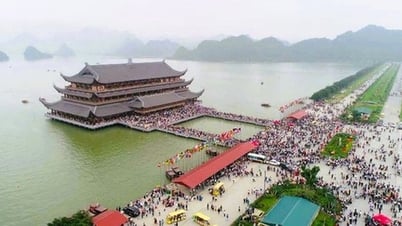


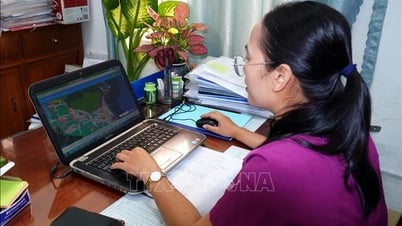
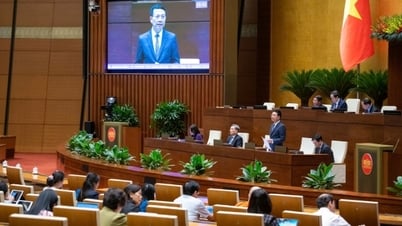
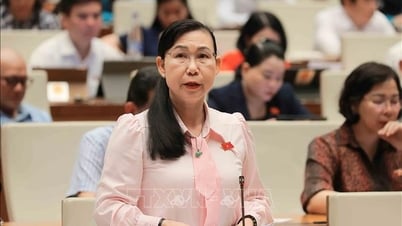




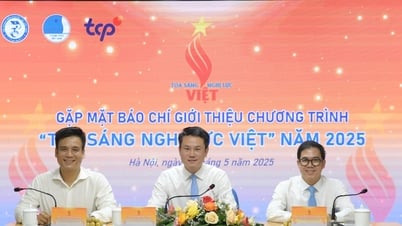












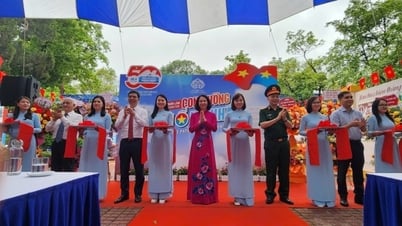

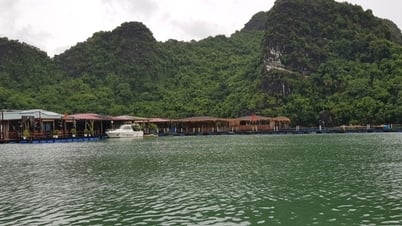









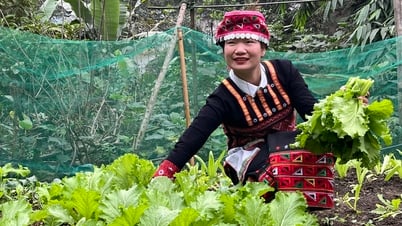



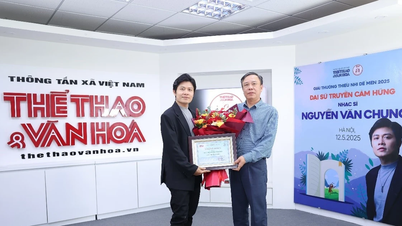












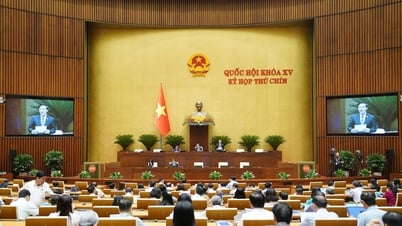



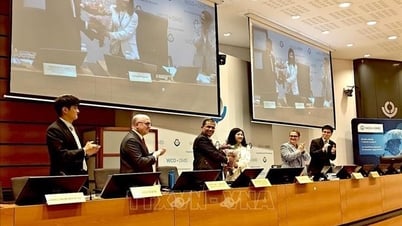





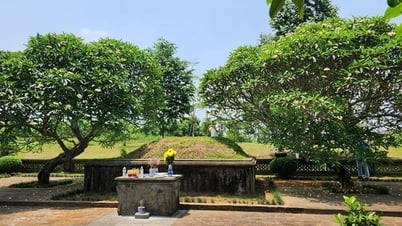

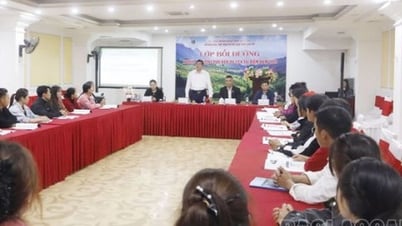
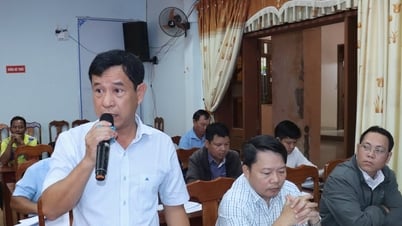

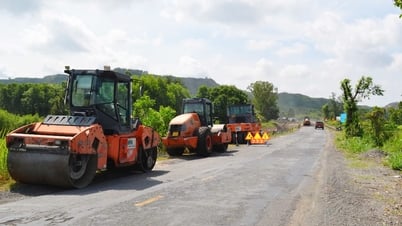

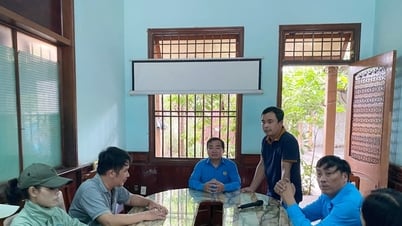


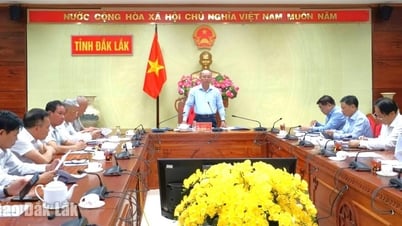

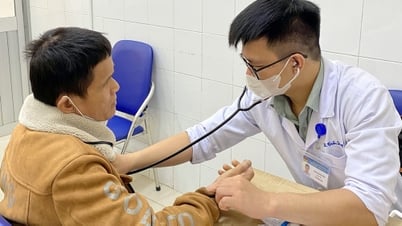








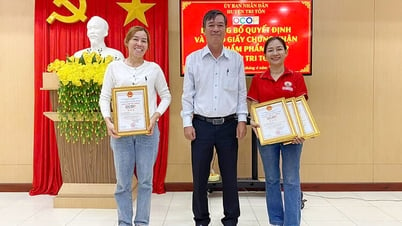



Comment (0)